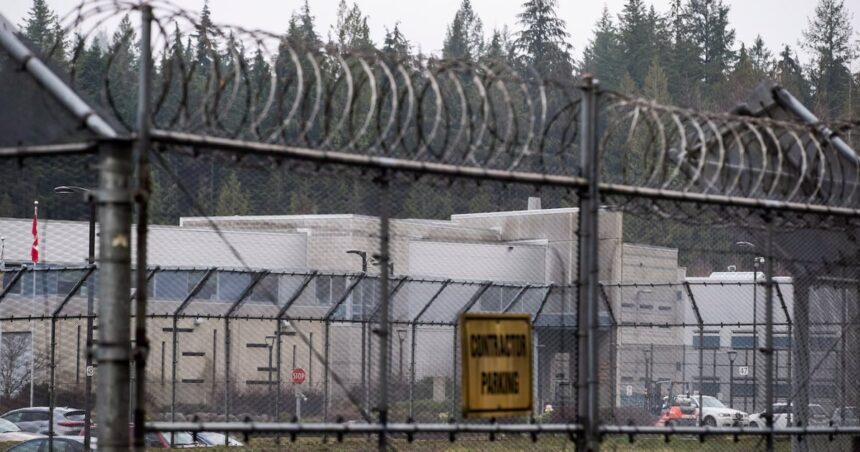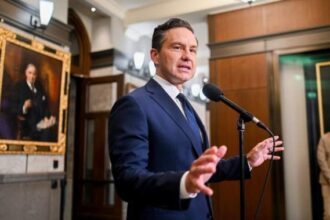In a landmark development that could reshape Canada’s correctional system, British Columbia has proposed a $60 million settlement in the long-running class-action lawsuit over solitary confinement practices in provincial correctional facilities. The proposal, announced yesterday by Attorney General Morgan Chen, would compensate thousands of former inmates subjected to prolonged isolation between 2005 and 2023.
“This settlement, if approved, represents an acknowledgment of past institutional failures and a commitment to meaningful reform,” Chen stated during a press conference in Victoria. “No monetary compensation can fully address the psychological harm inflicted, but it offers a measure of justice while we implement systemic changes.”
The class-action lawsuit, initiated in 2018 by former inmate Jason Ramsay, alleged that BC Corrections routinely violated inmates’ Charter rights by placing them in solitary confinement for excessive periods—often exceeding the 15-day limit established by the United Nations’ Nelson Mandela Rules as potentially constituting torture.
Court documents revealed disturbing patterns of isolation lasting months, sometimes years, with devastating psychological consequences. Dr. Eleanor Tremblay, a forensic psychiatrist who testified as an expert witness, documented cases of severe depression, psychosis, and suicidal ideation directly linked to prolonged isolation.
“What we observed in BC facilities mirrors international research showing irreversible harm from extended solitary confinement,” Tremblay explained. “The human brain fundamentally requires social interaction—without it, we see predictable patterns of cognitive deterioration.”
Under the proposed settlement, approximately 8,400 former inmates would receive compensation ranging from $3,000 to $75,000, depending on the duration of confinement and documented psychological impacts. The settlement also includes provisions for expanded mental health services for affected individuals.
The British Columbia case follows similar legal challenges across Canada, including the 2019 federal settlement of $28 million for inmates in federal penitentiaries subjected to administrative segregation—a ruling that prompted corrections policy reforms nationwide.
Civil liberties advocates have cautiously welcomed the proposal while emphasizing that financial settlements alone cannot address systemic issues. Marisha Singh, executive director of the BC Civil Liberties Association, called the settlement “an important first step” but stressed that “substantive policy reform must follow.”
BC Corrections has already implemented significant changes since the lawsuit was filed, including stricter oversight of isolation decisions, mandatory mental health assessments, and alternative management strategies for vulnerable inmates. The provincial government also passed the Correctional System Reform Act in 2023, which formally abolished indefinite solitary confinement and established a 10-day maximum with judicial review requirements.
“We’re seeing a paradigm shift in corrections philosophy,” notes criminologist Dr. Wei Zhang from Simon Fraser University. “The evidence against prolonged isolation has become impossible to ignore, forcing institutions to develop more humane alternatives that actually improve safety outcomes.”
The proposed settlement still requires court approval, with hearings scheduled for September. If approved, the compensation process could begin by early 2026, providing long-awaited acknowledgment for those who endured isolation practices now recognized as harmful.
For political observers, the settlement reflects broader shifting attitudes toward incarceration in Canada, as evidence-based approaches increasingly challenge punitive traditions. The fiscal impact of the settlement has prompted discussions about correctional budgeting priorities, with advocates arguing that preventative mental health services would prove more cost-effective than managing the consequences of harmful practices.
As this case nears resolution, we’re left to consider: beyond financial compensation, what responsibility do we collectively bear to ensure our correctional systems uphold human dignity while serving public safety? And how might we measure the true cost of practices we once accepted as necessary, now revealed as profoundly damaging?

























